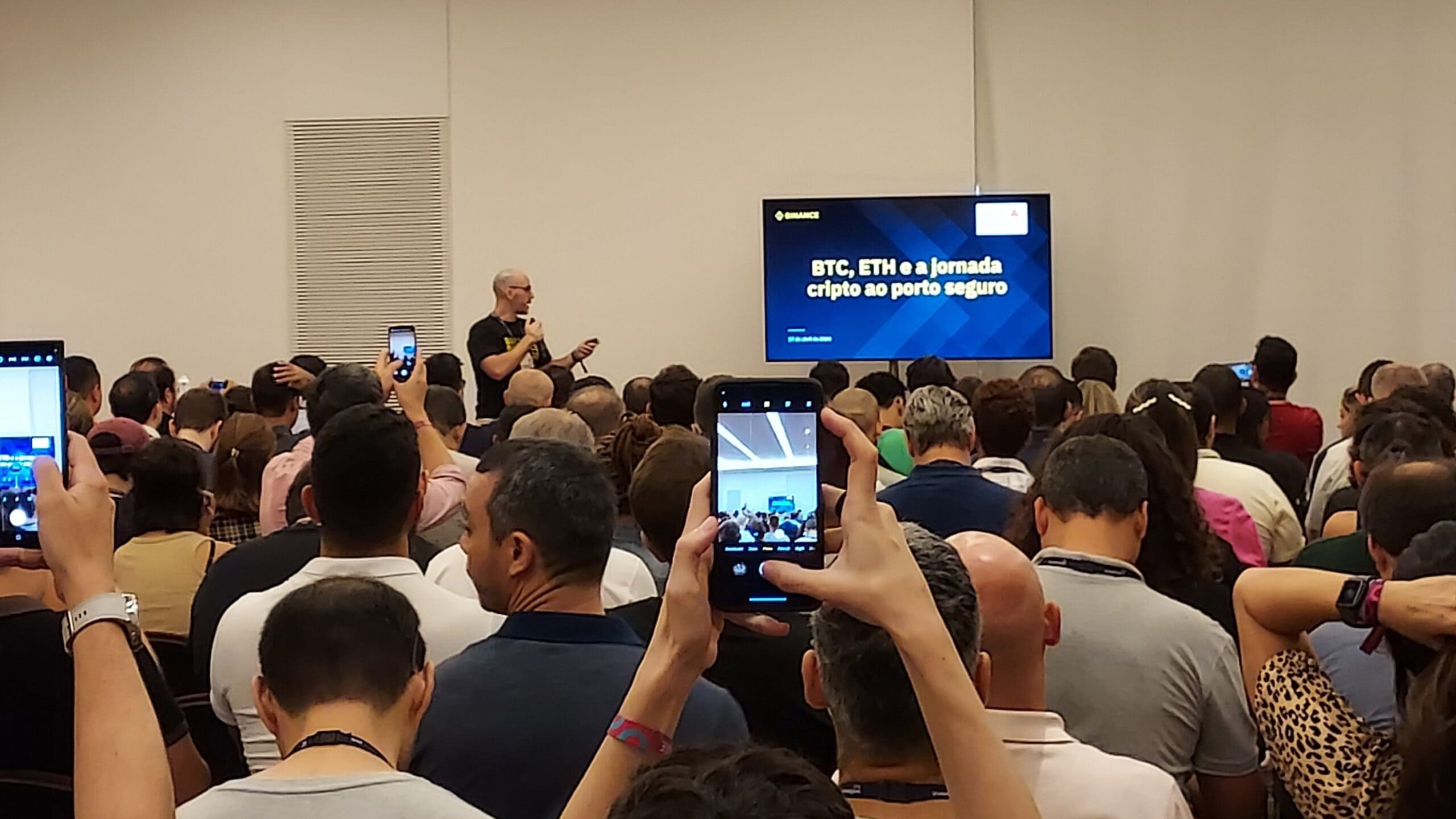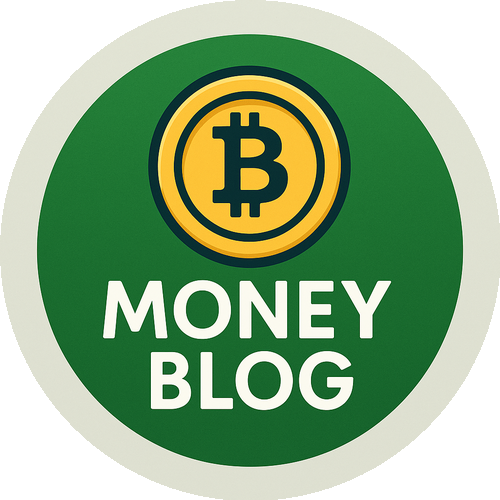
From Curiosity to Conviction: How My Crypto Journey Changed the Way I See the World
My journey into the world of cryptocurrencies began not with some grand vision or a sudden windfall, but with simple curiosity. I was scrolling through social media one evening when I came across a post about Bitcoin. At the time, I barely understood what it was—just that it was worth a lot and that people were either making a fortune or losing everything. Something about that unpredictability drew me in. I started reading, then watching videos, then diving into forums where people spoke a language that was, at first, completely foreign to me.
What I discovered was more than I expected. Crypto wasn’t just about investing in digital coins; it was about philosophy, technology, economics, and, most importantly, people. The idea of decentralization—removing the middleman, taking control of your assets, building a system based on transparency and code—blew my mind. I had never thought so deeply about how our financial systems work until I saw an alternative. It was as if I had lived my whole life in a house with no windows, and suddenly someone opened the door to a completely new landscape.
Like most beginners, I started small and cautious. I opened an account on a popular exchange, bought a little Ethereum and Bitcoin, and watched the numbers move like a heartbeat. Every dip felt like a disaster. Every green candle sent a surge of adrenaline through my body. It was exciting, sure, but also overwhelming. I was addicted to checking the charts, refreshing my portfolio every few minutes. At the time, I thought I was investing—but I was really just gambling without a plan.
Then came the learning curve. I fell for some hype, bought into a few "next big thing" coins that tanked within weeks. I lost money. A lot of it. But each mistake made me smarter. I started studying tokenomics, reading whitepapers, following reputable voices in the space. I realized that crypto wasn't about quick gains; it was about long-term vision, about understanding the fundamentals behind each project, and about being patient when the market was anything but.
Soon, I expanded my horizons. I discovered decentralized finance—DeFi—and it was like stepping into the wild west of banking. I learned how to use MetaMask, how to interact with smart contracts, how to provide liquidity and earn yield. Suddenly, I wasn’t just a spectator; I was a participant in a new financial ecosystem. It felt empowering to earn passive income on my holdings, to use platforms that had no central authority, to be part of a peer-to-peer network where every decision was driven by community governance and not corporate boards.
Then came NFTs, another rabbit hole I gladly jumped into. At first, it seemed ridiculous—spending money on jpegs? But as I explored deeper, I realized NFTs weren’t just pictures; they were a new medium for ownership, expression, and digital identity. I started collecting art, minting assets, and understanding the cultural shift that was happening. For the first time in the digital world, ownership could be verified, transferred, and immortalized on the blockchain. That changed everything.
Play-to-earn games were another frontier. I found myself spending hours in immersive virtual worlds where time and skill translated into tokens with real-world value. Games like RavenQuest, with dynamic economies powered by tokens like $QUEST, showed me that gaming could be more than entertainment—it could be a livelihood, a way to create wealth while doing something I genuinely enjoyed. It redefined what “work” could look like.
Throughout all of this, I’ve met people from every corner of the world. Developers, artists, traders, educators—everyone united by this belief that crypto could change things. We bonded in Discord servers and Twitter Spaces, we shared strategies, celebrated victories, and consoled each other in crashes. There was a sense of movement, of revolution, of building something that mattered. It wasn’t just financial; it was deeply human.
What surprised me most was how this journey affected my mindset. I became more skeptical of centralized systems, more curious about how things work behind the scenes. I started caring about privacy, about digital rights, about open-source tools and community-led innovation. I stopped thinking like a consumer and started thinking like a builder—even if I wasn’t writing code, I was part of the ecosystem shaping the future.
The highs and lows have been intense. There were days I felt like a genius and days I felt like a fool. I’ve watched my portfolio double and then crash in the same week. I’ve dealt with scams, hacks, rug pulls. But I’ve also witnessed generosity, creativity, and resilience. Crypto is not a perfect space, but it's honest in its chaos. It forces you to take responsibility for your decisions, to learn fast, to adapt constantly.
Looking ahead, I know this is only the beginning. The technology is still evolving. Regulation is coming, infrastructure is improving, adoption is growing. I don’t know exactly where it will lead, but I believe in the direction. I believe that blockchain will change how we interact with value, with information, and with each other. I’m no longer just betting on coins—I’m betting on a future where freedom, transparency, and decentralization aren’t just ideals but everyday realities.
What started as a curiosity turned into a passion. What began as a search for profit became a journey of purpose. Crypto didn’t just change my portfolio—it changed how I see the world.
